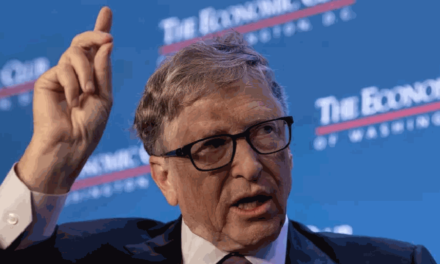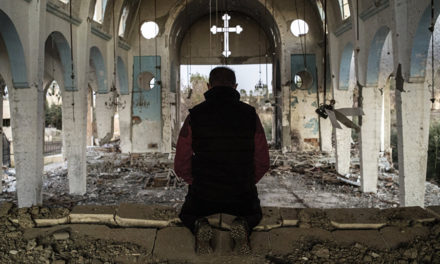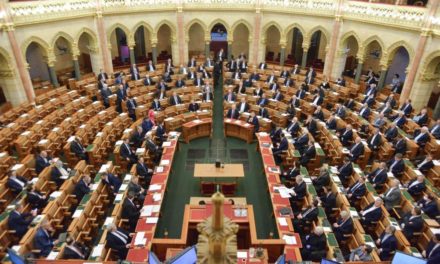Whatever the energy sanctions mean for the European Union, it is in Hungary's well-understood economic interest to try to avoid them, American writer Christopher Caldwell, a senior fellow at the Claremont Institute, told Mandiner, with whom they talked about the global context of the war in Ukraine.
One of the interesting aspects of Viktor Orbán's administration is that he attaches particular importance to the economic protection of Hungary against external pressures, said Christopher Caldwell. The writer and journalist said of the protracted war started by Russia that it can be compared to the disintegration of Yugoslavia and the bloody end of the Cold War era. As he said: at the beginning of the 1990s, Ukraine seemed like a divided country, which was equally threatened with disintegration. Some of the richer parts of Crimea and eastern Ukraine were with Russia in spirit, he added.
Over the past thirty years, all of this has made life difficult in Ukraine, and now things have exploded, Christopher Caldwell pointed out.
He also touched on the fact that the Americans have lost sight of how complicated and sensitive this situation is. The writer sees it as: the problem is much deeper than not being able to distinguish between good and bad sides in this conflict.
He said about the price Europe will have to pay if it permanently alienates Russia from itself: Poland, Hungary, Slovakia and other countries in the region once expected to catch up with Germany and France. But in the current economic structure of the EU, these countries represent the labor base of Western Europe, which can therefore perform more profitable intellectual work.
This is how they perpetuate the role of the Central European countries as subordinate to the West
underlined the journalist. He also touched on the fact that Europe is doing a lot of economic work, which is necessary to be included in a functional transatlantic defense alliance. He sees the United States as the center of military technology, and Europe as economic assets.
As Caldwell detailed: Hungary is closer to Russia than most European states and is more dependent on Russian energy, so whether Hungarian policy is realistic can be decided by comparing how much economic advantage Hungary can gain from it , and in the meantime, what kind of criticism is he exposing himself to in the European Union. He pointed out: after the Italian election, perhaps our country will be better protected against political attacks.
One of the interesting aspects of Viktor Orbán's administration is that he attaches particular importance to the economic protection of Hungary against external pressures, he emphasized.
He continued: if a country's economy is exposed, this weakness will be exploited. As he said: the Hungarian Prime Minister is right, since whatever the energy sanctions mean to the European Union, it is in Hungary's well-understood economic interest to try to avoid them. This aspect cannot be automatically branded as Russian friendship.
Source: Magyar Nemzet/Mandiner
Featured Image: Aaron Salcido/www.zocalopublicsquare.org












